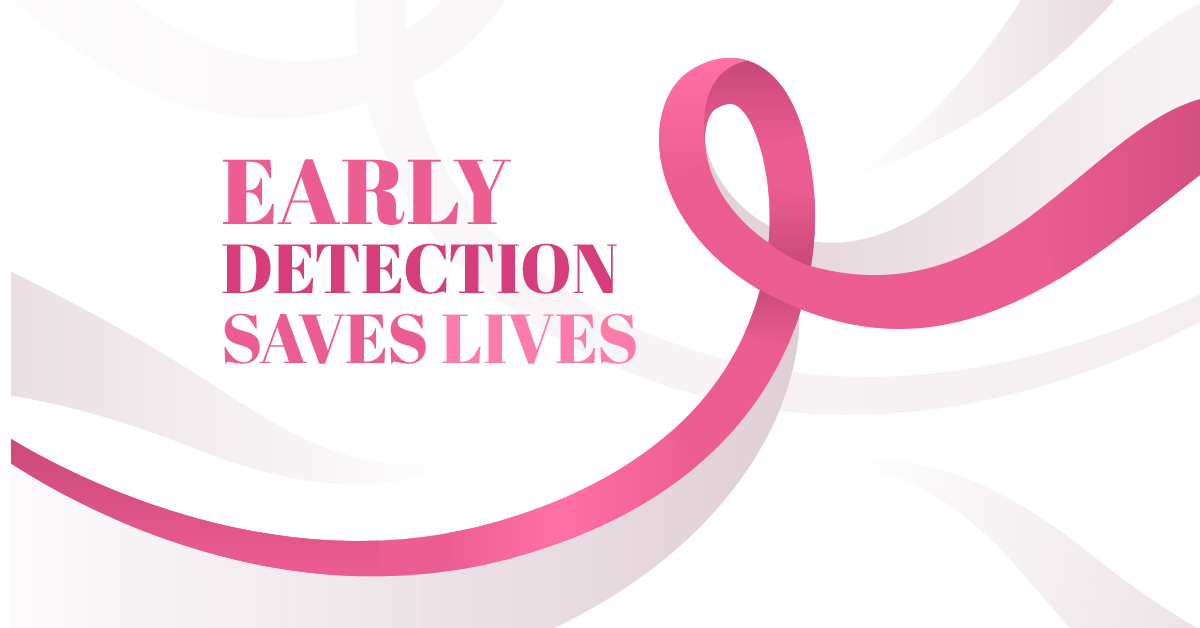
Breast cancer is one of the most common cancers affecting women worldwide. According to the World Health Organization (WHO), around 1.38 million new cases are diagnosed each year, with approximately 458,000 deaths attributed to the disease (WHO, 2023). Early detection and awareness play a crucial role in effectively battling breast cancer.
What is Breast Cancer?
Many people ask, what is breast cancer? It is a disease where abnormal cells in the breast grow uncontrollably, forming a malignant tumor. These cancerous cells can invade surrounding tissues and, in some cases, spread (metastasize) to other parts of the body. It is primarily found in women but can also affect men in rare cases.
Signs and Symptoms of Breast Cancer
Recognizing the signs and symptoms of breast cancer is key to early detection. Common breast cancer symptoms include:
- Lump or Mass in the Breast: A new lump in the breast or underarm is the most common indicator.
- Swelling or Thickening: Changes in breast size or shape without a noticeable lump.
- Skin Changes: Dimpling, redness, or an orange-peel texture.
- Nipple Alterations: Inversion of the nipple, pain, or unusual discharge.
- Lymph Node Changes: Swelling of lymph nodes in the armpit or collarbone region.
- Pain or Tenderness: Unexplained discomfort in the breast or nipple area.
Breast Cancer Causes and Risk Factors
There are several reasons for breast cancer that contribute to its development. While the exact breast cancer causes are not fully understood, key risk factors include:
- Genetic Mutations: Inherited mutations in BRCA1 and BRCA2 genes.
- Family History: A higher risk if close relatives have had breast cancer.
- Age and Gender: The risk increases with age, especially after 50.
- Reproductive History: Early menstruation or late menopause increases exposure to estrogen.
- Lifestyle Factors: Obesity, smoking, alcohol consumption, and lack of physical activity.
- Hormonal Therapy: Long-term use of hormone replacement therapy (HRT) after menopause.
Breast Cancer Stages
Breast cancer stages help doctors determine the severity of the disease and appropriate treatment. The stages are:
- Stage 0: Non-invasive cancer (Ductal Carcinoma In Situ, DCIS), with abnormal cells remaining in the breast ducts.
- Stage I: Small tumors (up to 2 cm) confined to the breast.
- Stage II: Tumors (2-5 cm) or cancer spreading to nearby lymph nodes.
- Stage III: Large tumors or extensive lymph node involvement but no distant spread.
- Stage IV: Metastatic cancer that has spread to distant organs such as the bones, liver, or lungs
How is Breast Cancer Diagnosed?
Early detection methods play a vital role in improving survival rates. Common diagnostic methods include:
- Mammography: An X-ray imaging technique to detect breast tumors early.
- Ultrasound: Uses sound waves to distinguish between solid lumps and fluid-filled cysts.
- Biopsy: Removal of tissue samples for microscopic examination.
- MRI Scan: Provides detailed imaging, especially for individuals with dense breast tissue.
Breast Cancer Treatment Options
Various breast cancer treatment options exist depending on the stage and type of cancer. These include:
Surgery
- Lumpectomy: Removal of the tumor while preserving the rest of the breast.
- Mastectomy: Complete removal of one or both breasts, often performed in advanced cases.
- Lymph Node Removal: If cancer spreads to lymph nodes, they may be surgically removed to prevent further metastasis.
Radiation Therapy
- High-energy X-rays are used to destroy remaining cancer cells after surgery.
Chemotherapy
- Powerful drugs are administered orally or intravenously to kill cancer cells.
- Often used before surgery (neoadjuvant therapy) to shrink large tumors.
Hormone Therapy
- Used for hormone receptor-positive cancers to block estrogen and slow tumor growth.
Targeted Therapy
- Involves drugs that specifically target cancer cell functions without affecting normal cells.
How to Avoid Breast Cancer?
Many people want to know how to avoid breast cancer and reduce their risk. While some factors like genetics cannot be changed, lifestyle modifications can help:
- Maintain a Healthy Weight: Obesity increases estrogen levels, raising cancer risk.
- Regular Exercise: Physical activity helps regulate hormone levels.
- Limit Alcohol Intake: Excessive alcohol consumption increases the risk.
- Avoid Smoking: Smoking is linked to several types of cancer, including breast cancer.
- Breastfeed if Possible: Breastfeeding may reduce breast cancer risk.
- Regular Screenings: Routine mammograms and self-examinations help in early detection.
Conclusion
Breast cancer is a serious but treatable disease, especially when detected early. Understanding breast cancer symptoms, causes, and stages can help in early detection and timely intervention. Leading a healthy lifestyle and undergoing regular screenings are essential in learning how to avoid breast cancer.
If you experience any unusual breast changes, consult a healthcare professional immediately. Early detection saves lives! For expert consultation and advanced breast cancer treatment, consider reaching out to Regency Healthcare – Best Oncologist in Kanpur where medical excellence meets compassionate care.
Also read: Stomach Cancer: Causes, Symptoms, Types, Diagnosis & Treatment

 Call-an-Ambulance
Call-an-Ambulance



